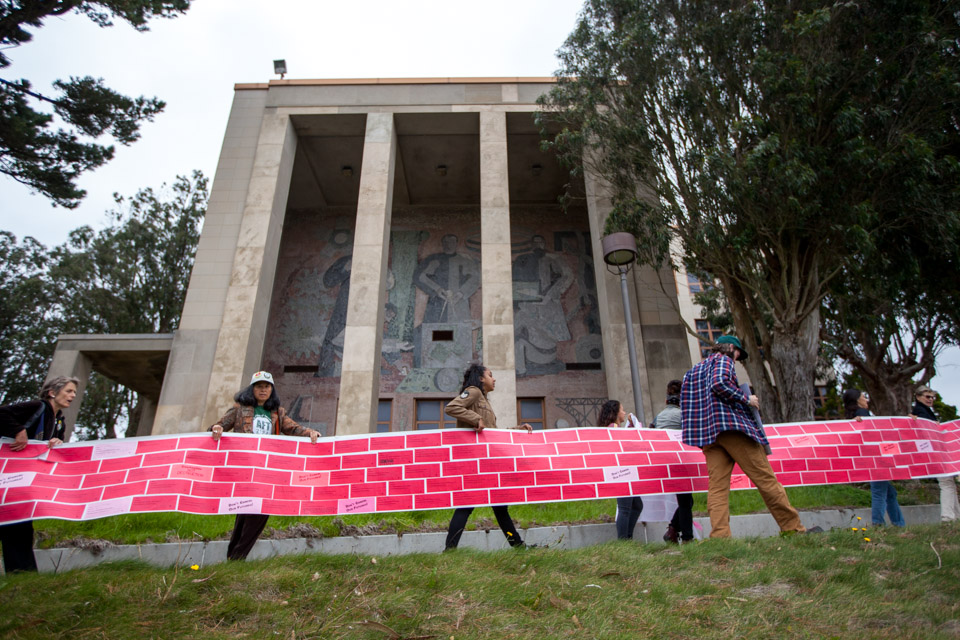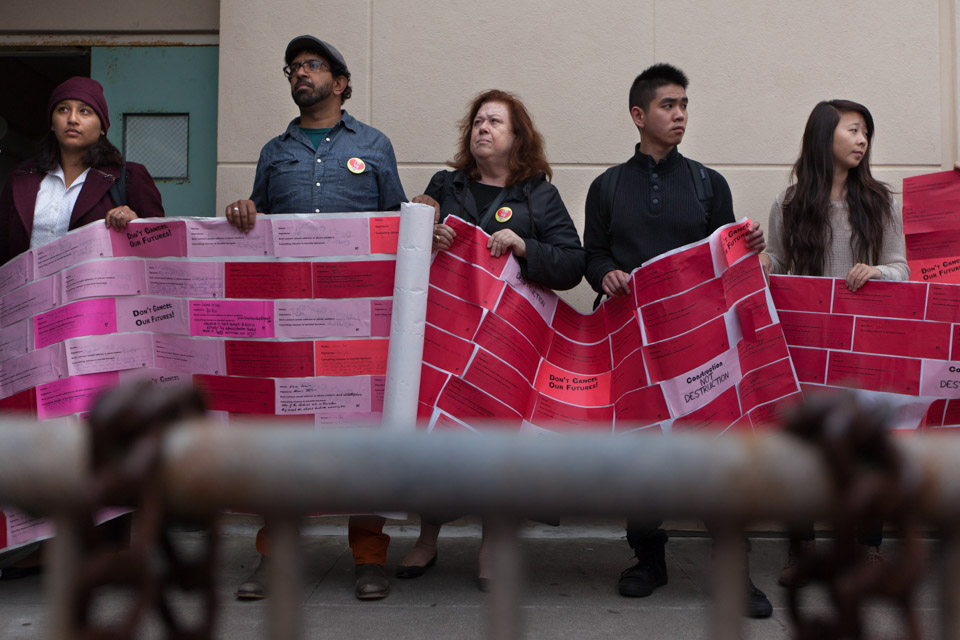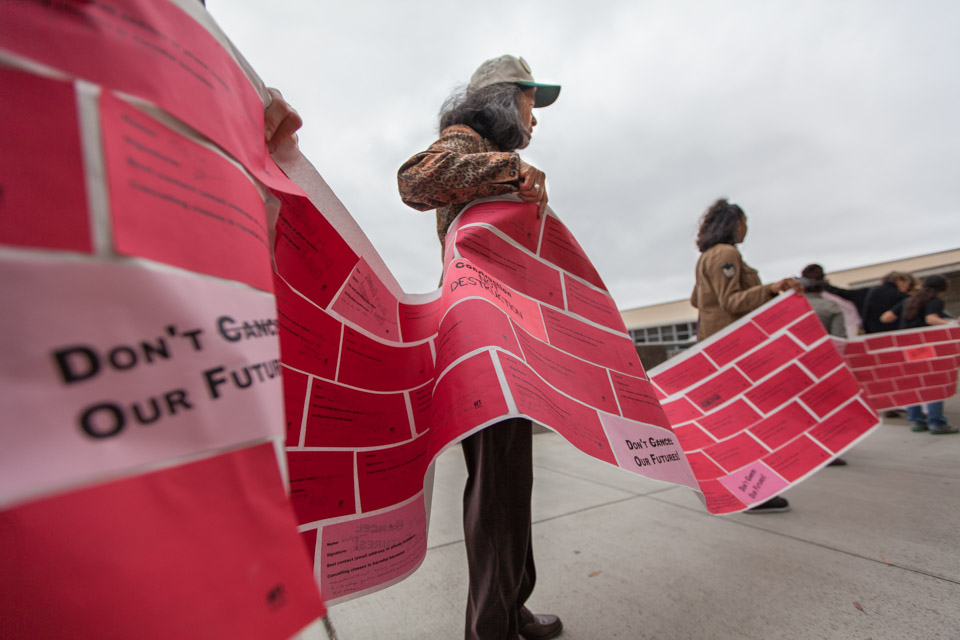115 classes cancelled, what’s next for City College?



By Calindra Revier
The Guardsman
Conflict continues to divide City College as the argument over class cancellation brings more confusion to campus.
A 25 percent drop in enrollment has now placed City College in this emergency situation. Because of this and issues around accreditation, stabilization funds were granted by the state.
It is estimated that 115 classes have been canceled this semester according to an Aug. 29 email sent by Vice Chancellor of Academic Affairs Susan Lamb.
Students, faculty and staff are now asking questions as to why classes continued to be canceled and where the stabilization funds are.
“The format of the budget is the same as it has been for years,” Chancellor Arthur Tyler explained in a private interview with The Guardsman. “The only adjustment that was allowed to be made then was that we put some million dollars in the reserves as we said we would do if we actually got some of the stabilization funding.”
Tim Killikelly, president of American Federation of Teachers Local 2121, disagrees with the administration’s decisions to cut classes.
“To cancel classes in the same sort of logic, that you’re canceling them under normal circumstances, makes no sense,” he said. “So now instead of creating a stable situation, which is what the funds are designed to do, instead they’re creating an unstable situation. Students don’t know what’s going on.”
On Aug. 25 faculty, staff, students and community members met at Ram Plaza to march up to Lamb’s office and deliver her over a thousand petitions asking for the immediate ceasing of all class cancellations.
“There are a lot of students that are just left in the dark because of ill-communication or no opportunity to actually communicate,” Allen Deon Saunders, one of the students attending the protest, said.
Lamb told the protesters the administration is trying to offer more clarity on the situation by posting a list of class cancellations on City College’s website.
Another issue regarding class cancellations is the unexplainable anonymous calls that some students have received telling them that classes have been cancelled that have not been.
Gregory McCarthy, a biotechnology student at City College, was initially signed up for an English 93 which was among one of the classes recently cancelled and so re-enrolled in another open English 93 course.
On Aug. 21 McCarthy received a call from a private number informing him that his new English 93 course was also being cancelled. The caller did not say his name, but said he was with City College.
“The caller ID said anonymous, private caller,” McCarthy said. “He sounded like a male in between early to mid-twenties.”
On Aug. 26 McCarthy went to the classroom where the canceled class was originally to be held and was surprised to find the class was in session.
Lamb addressed these phone calls by saying, “We heard about that (the calls) in a couple situations and we don’t know who’s calling.”
Lamb said this is not how class cancellations are handled.
“We never do a cancellation by telephone. What we’ve been doing is cancelling them in class. The instructor is there and they can direct you to other sections,” she said.
Despite the administration’s explanations, many students and teachers still believe saving classes with low enrollment rather than was vital to get the school back on track and raise enrollment.
“The legislature understands that that’s why they passed the money to stabilize the college. That includes everything the college does. What’s more important than students getting their classes?” Killikelly said.
Faculty has gone down 11 percent while administration has gone up 27 percent, according to the 2011 to the projected 2015 budget.
“To insure that people feel like they’ve been heard what I’ve asked the Special Trustee to do is to forgo approving the budget until we can have another hearing, and he’s agreed to do that,” Tyler said.
The special meeting is set to take place on Sept. 5 at 2 p.m.
